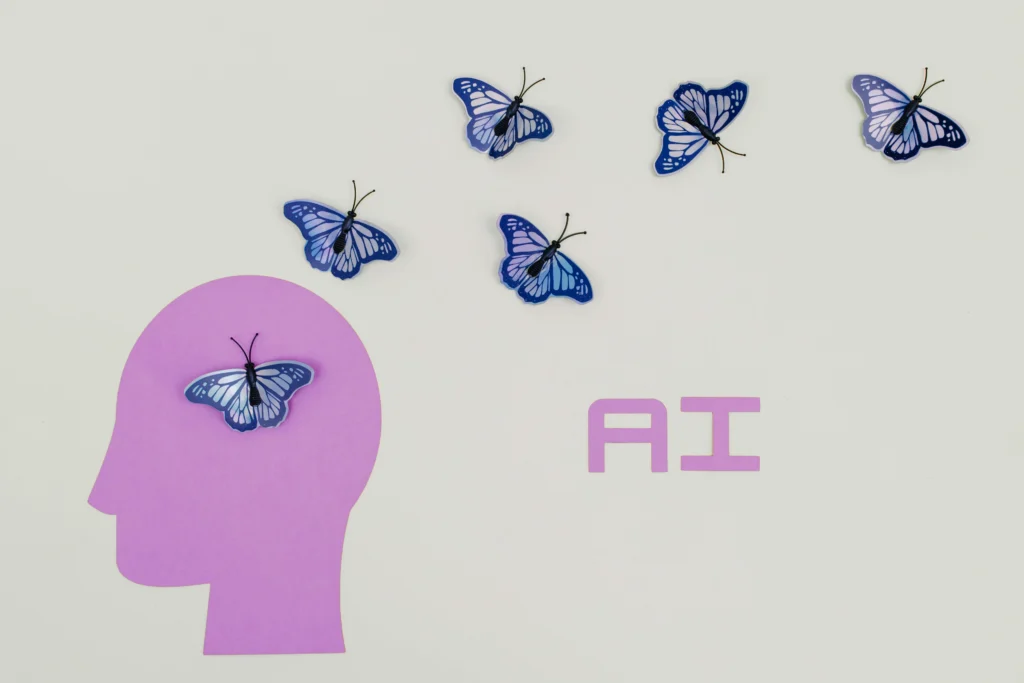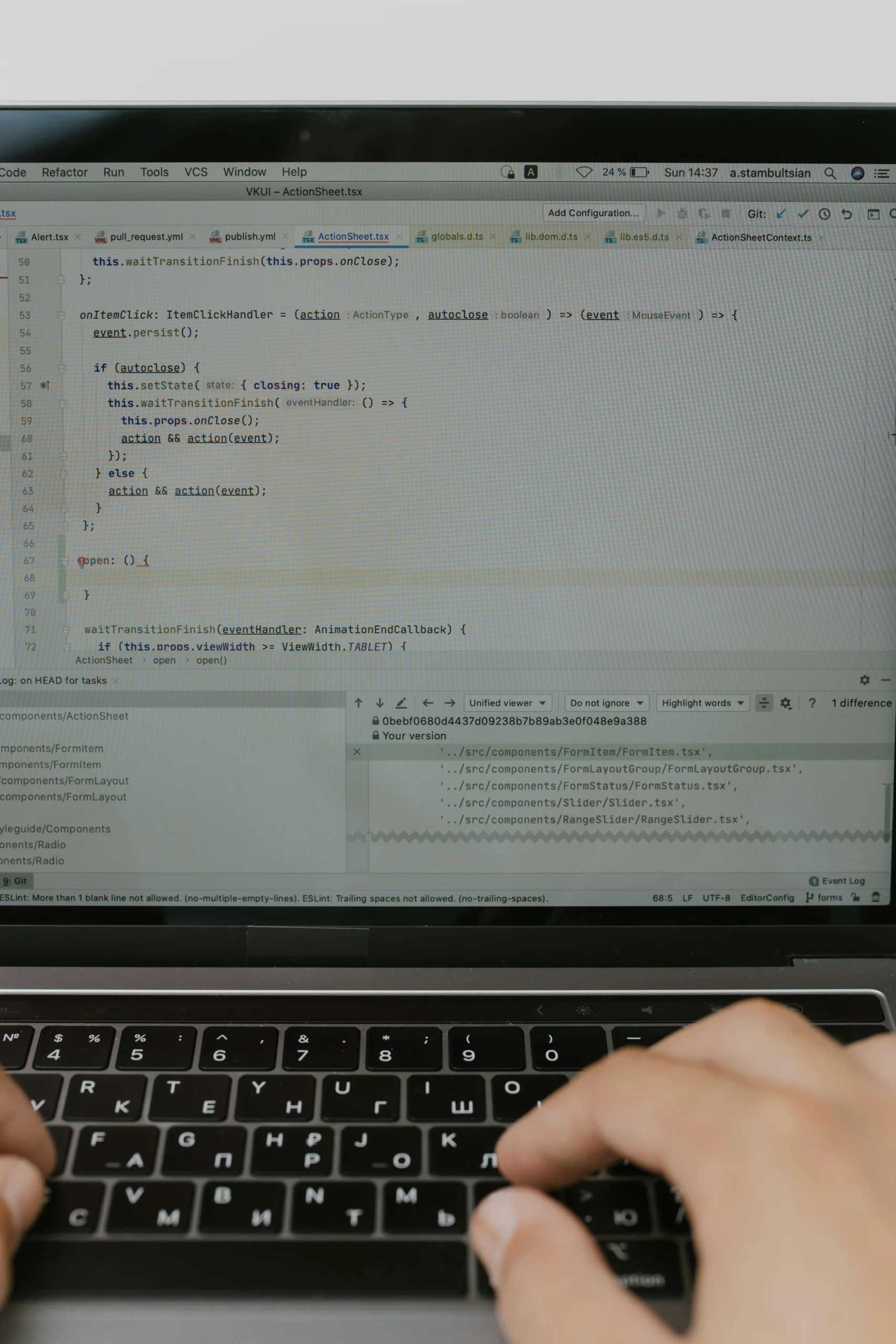Neural Cellular Automata (NCA) present a novel framework that extends classical rule-based systems by incorporating trainable, differentiable update rules, making them particularly well-suited for modeling biological self-organization. By embedding Artificial Neural Networks (ANNs) as local decision-making centers, NCAs simulate processes at various scales, from molecular to system-level dynamics. Their ability to reproduce biologically inspired patterns while generalizing to new conditions highlights their potential in adaptive systems.
Despite their biological roots, NCAs also demonstrate significant capabilities in non-biological domains, including robotic control and reasoning tasks. This versatility stems from their decentralized nature and capacity for open-ended adaptation, which potentially enables the development of bio-inspired collective intelligence. The implications extend to the intersection of biology and modern generative AI, where iterative state refinement processes mirror advancements found in probabilistic models. Consequently, NCAs not only enrich our understanding of self-regulatory behaviors in nature but also pave the way for innovative applications in artificial intelligence, providing a unifying computational paradigm.
As NCAs continue to evolve, they risk oversimplifying complex biological systems or straying from accurate biological representations if not carefully implemented. Moreover, embracing their models in technology demands thorough consideration of ethical implications associated with autonomous systems. Thus, while the journey of integrating NCAs in AI and robotics is promising, it necessitates caution and a thoughtful approach to balance innovation with responsibility.
👉 Pročitaj original: arXiv AI Papers








